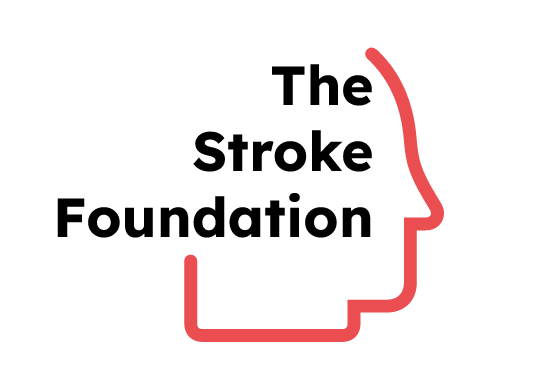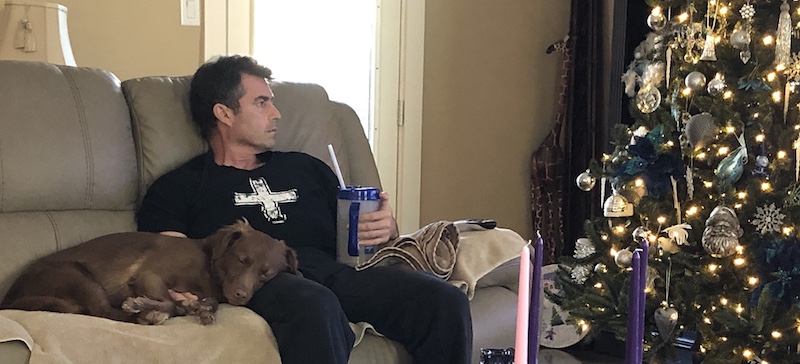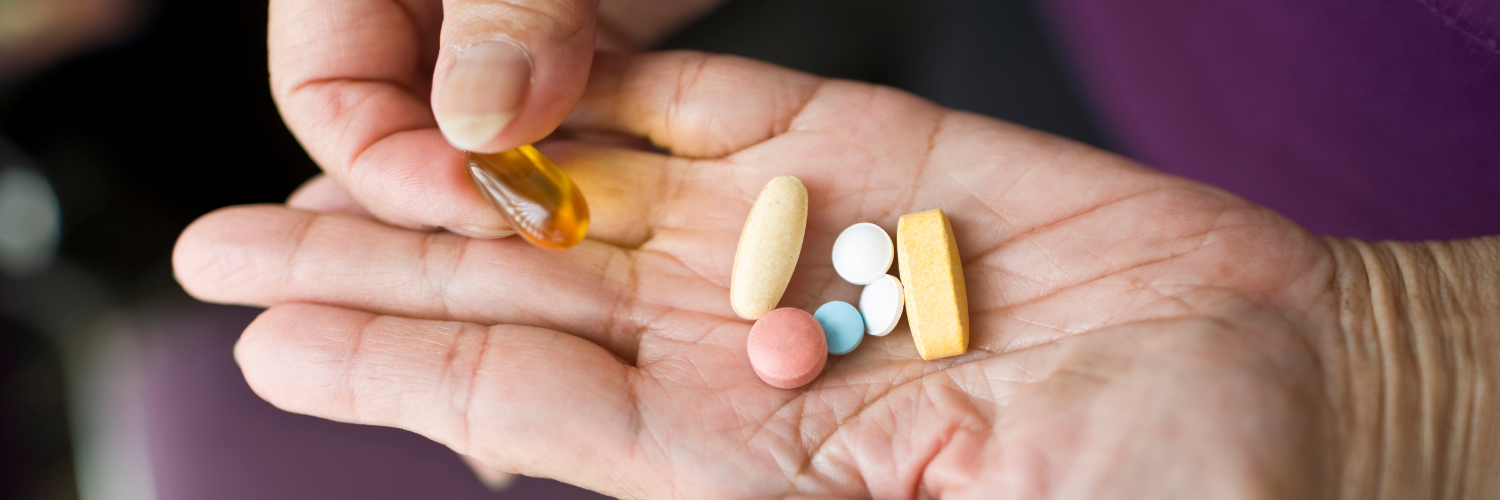What Is Survivor’s Guilt?
Survivor’s guilt is a form of emotional distress that occurs when someone lives through a traumatic event while others do not—or when others experience more severe consequences. It’s common among people who survive natural disasters, military combat, accidents, or serious medical events.
For stroke survivors, survivor’s guilt might sound like:
- “Why did I recover when others didn’t?”
- “I wasn’t even living that healthy—someone more deserving should have made it.”
- “My family has suffered more than I have. I feel like a burden.”
These thoughts may not be based in truth, but they feel very real—and they can have a lasting emotional impact if not addressed.
Why Stroke Survivors May Feel Guilty
Stroke recovery is deeply personal. No two people experience the exact same path—and that can be emotionally hard to navigate. Survivors may feel guilty because:
- They recovered more fully than someone else
Especially when two people had strokes around the same time, or when they compare themselves to others in rehab or online communities. - They didn’t have warning signs or risk factors
Some survivors feel blindsided, believing they didn’t “earn” their recovery or that someone more at-risk was somehow more deserving. - They feel they caused hardship for others
Watching caregivers or family members experience stress, financial strain, or emotional exhaustion can trigger guilt, even when it’s no one’s fault. - They blame themselves for the stroke
Regret over lifestyle choices, ignoring warning signs, or not seeking care fast enough can lead to harsh self-judgment.
Survivor’s guilt isn’t logical. It’s emotional. And it often reflects the weight of trauma, not reality.
The Impact of Survivor’s Guilt
When left unaddressed, survivor’s guilt can affect every part of a person’s life. It can contribute to:
- Depression or anxiety
- Low self-worth or loss of identity
- Withdrawal from relationships or activities
- Difficulty engaging in recovery or setting future goals
But there is hope. With the right support, these feelings can be processed, understood, and gradually released.
How to Cope with Survivor’s Guilt After Stroke
You’re not alone in feeling this way—and you don’t have to carry it alone.
1. Talk to a mental health professional
A licensed therapist, counselor, or psychologist can help you unpack the guilt and make sense of your emotions. Therapy can provide strategies for reframing thoughts and building resilience.
If you’re unsure where to start, ask your primary care doctor or stroke care team for a referral. Mental health is just as important as physical health in stroke recovery.
2. Connect with other survivors
Sometimes the best way to feel understood is to talk to people who truly get it. Join a stroke survivor support group or online forum. Sharing your experience—and hearing others say “me too”—can reduce isolation and offer new ways to cope.
3. Focus on small acts of self-kindness
Try not to judge yourself for having these feelings. Instead, meet them with compassion. Survivor’s guilt doesn’t mean you’re ungrateful—it means you care deeply.
Support yourself by:
- Taking walks or engaging in gentle movement
- Journaling your thoughts and emotions
- Practicing deep breathing or mindfulness
- Saying yes to things that bring joy, purpose, and connection
4. Find meaning in your journey
Some survivors find it healing to give back—whether by mentoring others, sharing their story, or volunteering with stroke-focused organizations. Others find meaning in simply continuing to live well and care for themselves. Either path is valid.
You don’t need to prove your worthiness. You already survived. That is enough.
Final Thoughts
Survivor’s guilt is a difficult but common part of life after stroke. It doesn’t mean something is wrong with you. It means you’ve lived through something life-altering, and your heart is still trying to make sense of it.
If you’re feeling overwhelmed by guilt, sadness, or self-doubt, please reach out for support. You deserve to heal—not just physically, but emotionally too.
Recovery includes your whole self.
And you are not alone.


%20(2)%20(1).png)



